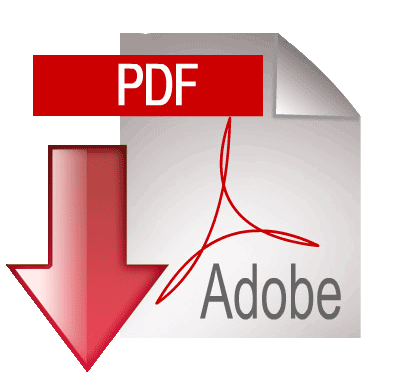About
Precipitator Seminars offers both public and in-house seminars in electrostatic precipitation. The primary objective of these seminars is to teach attendees how to better evaluate, operate, maintain and improve the performance of existing precipitators. Emphasis is on developing a practical understanding of the basic factors and determinants of precipitator operation and performance.
Contact
Precipitator Seminars are run by:
TRK Engineering Service, Inc.
8 Bates Lane
Westford, MA 01886
President: Thomas Keeler
Telephone: 978-287-0550
Fax: 978-287-0569
Email: trkeng@apcnetwork.com
|
|
Operation & Maintenance Seminar - June 4-6, 2019
Download the Seminar Brochure

Download the Registration Form

Location
Embassy Suites
Ft. Lauderdale, FL
Telephone: (954) 527-2700
Reservation Call 1-800-EMBASSY
Lecturer
Thomas Keeler
Mr. Keeler is an electrical engineer with over twenty years in the particulate removal field including five years as a field service engineer for Environmental Elements Corporation and several years with CSI Engineering. TRK Engineering Services, Inc. is a consulting service group specializing in electrostatic precipitators and their application in numerous industrial settings, including, the utility, pulp and paper, cement, steel and petrochemical industries.
Mr. Keeler is an active member in the International Society of Electrostatic Precipitation (ISESP) and IEEE. He was a committee member and panelist at ESP/FF Roundtable Forum 1993 Power-Gen Conference and a committee member for the Air & Waste Management Association AE-1 Particulate and Associated Acid Gases. Additionally, Mr. Keeler was a speaker at the 1994 III World Mining Exposition in Chile.
Topics
How process factors affect precipitation and how they can be used to improve precipitation.
Why problems exist and what to look for to attain success.
How to use resistivity for successful precipitation.
How to utilize gas conditioning.
How to evaluate and correct gas distribution in the field.
How the opacity chart can be used for important evaluations.
Electrical controls and characteristics; what voltage and current values really mean, evaluating control operation.
How to evaluate optimum rapping modes.
How to use control panel meters, observation doors, and other methods for helpful evaluations.
How to inspect the precipitator.
How much internal damage can be allowed.
What is required to minimize component failures.
Evaluate individual precipitator problems with attendees.
|

